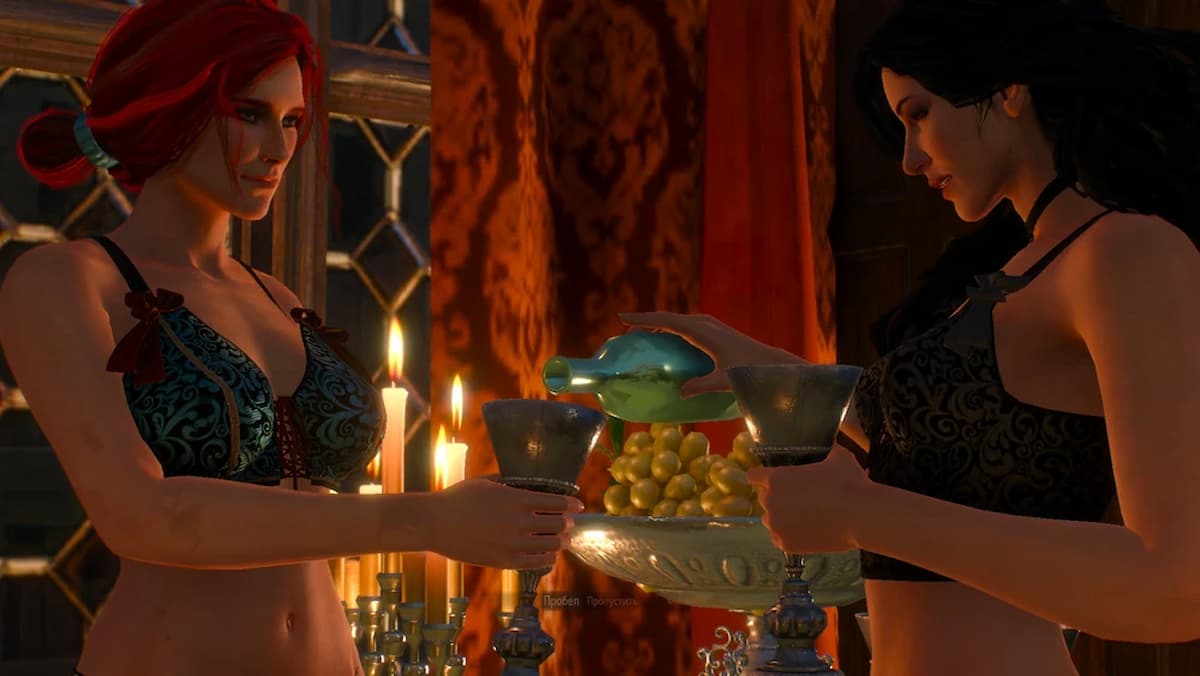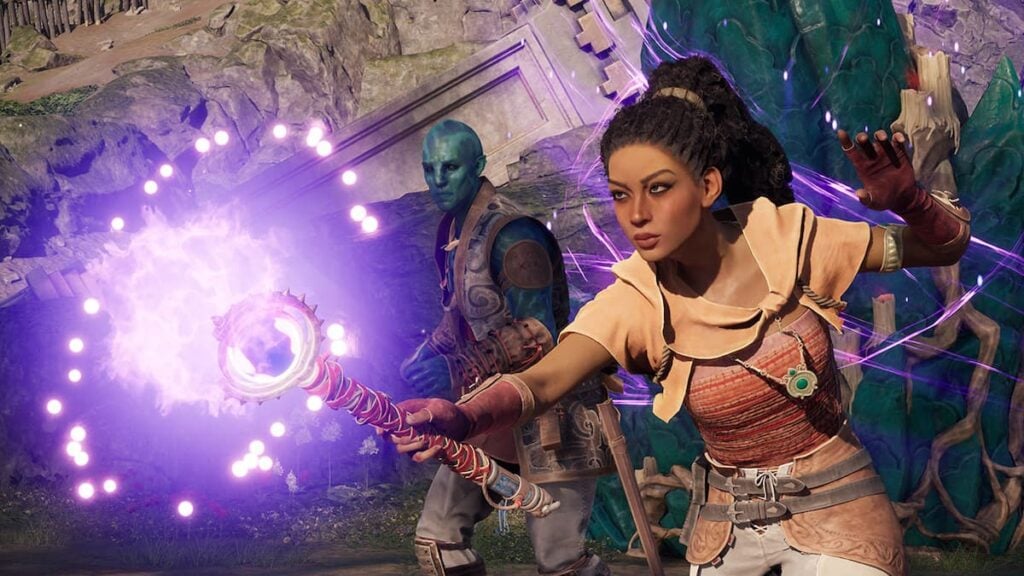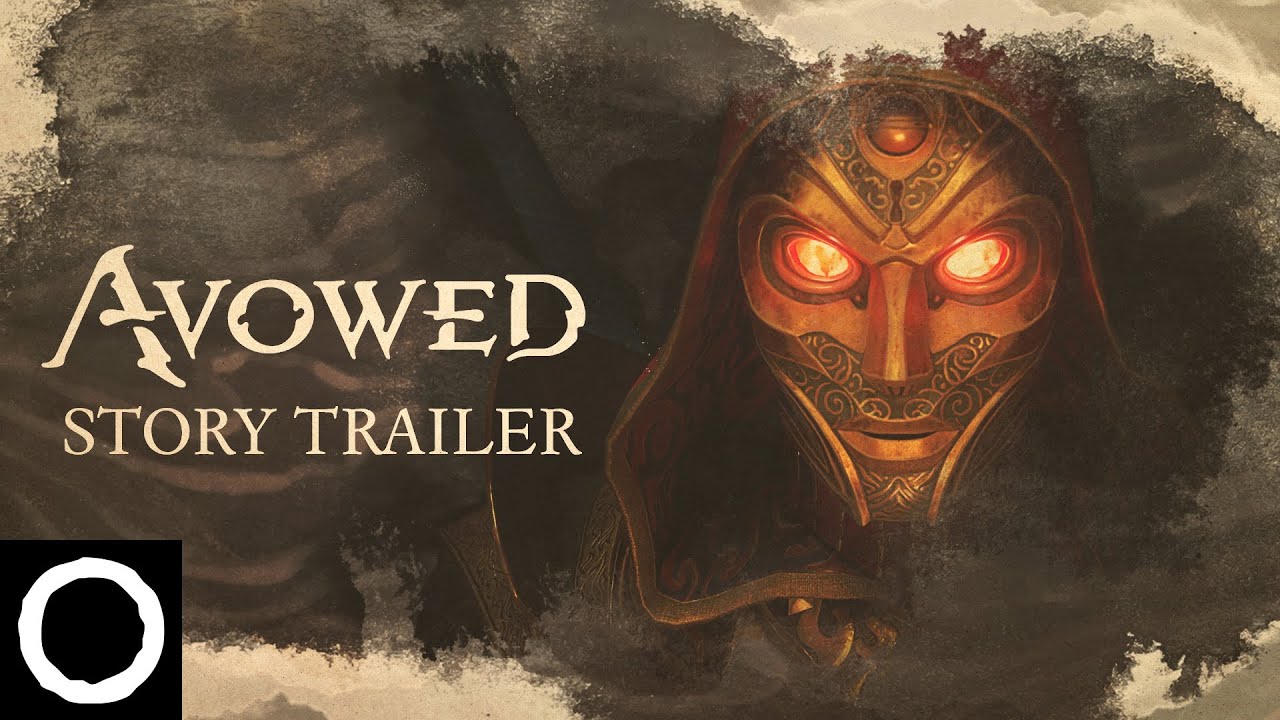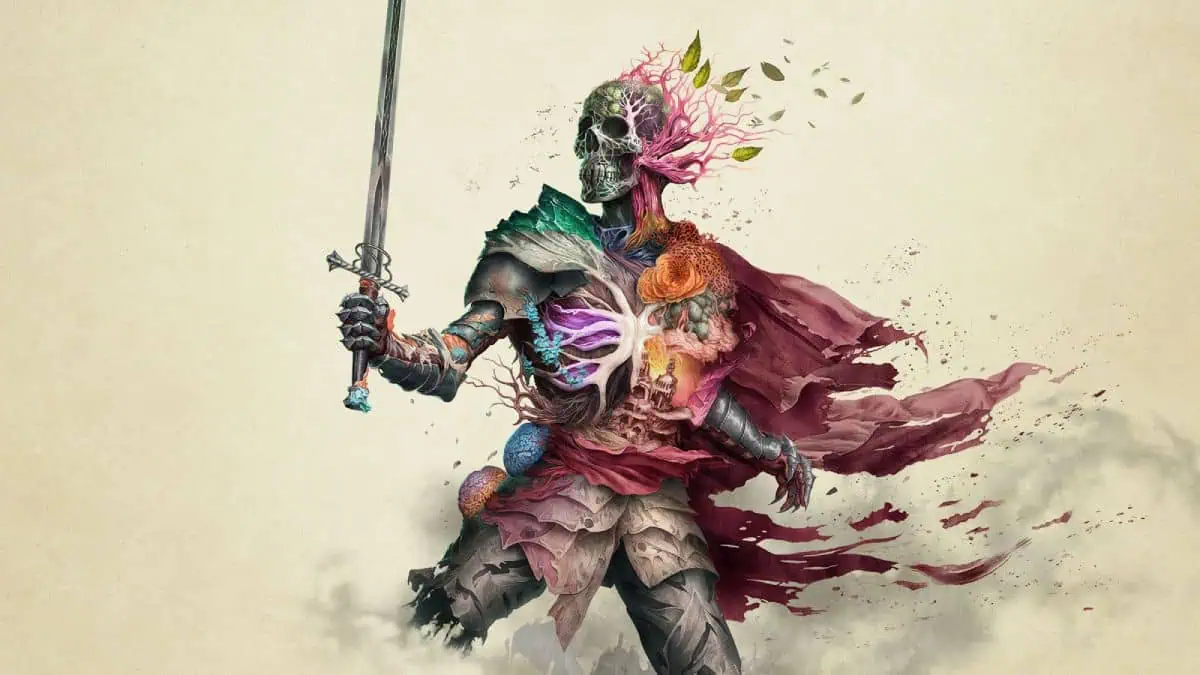Skip To...
Romance is hard. The prospect of “wooing” a potential partner is liable to strike fear into any teenager and young adult, what with all the social, societal and personal concerns. Arguably, it only gets harder as you get older. Romancing in games is often a lot simpler. It usually revolves around repeatedly picking the “romantic” dialogue option until you find your player character doing the dance with no pants with a companion. This rudimentary approach has many issues, so when Avowed director Carrie Patal says the upcoming RPG will not have a romance system, I think that’s a good thing.
A Thorn Defends the Rose
To say we’re expecting a lot from Avowed would be an understatement. Obsidian Entertainment, the developer behind the upcoming first-person role-playing game, is arguably the best in the business at creating immersive character driven RPGs. With titles like The Outer Worlds, Pillars of Eternity and Fallout: New Vegas to the studio’s name, it seems fair to expect great things from them.
But Avowed‘s pre-release hype has been far from smooth. From the underwhelming gameplay trailer to Art Director Matt Hansen’s bizarre comments regarding the game’s frames-per-second target, there are certainly reasons to be skeptical. That said, the game’s latest story trailer is stuffed with the sort of intrigue and worldbuilding we’ve come to expect from Obsidian, so I still hold high hopes. It helps that it looks damn gorgeous, too.
Recently, however, Avowed director Carrie Patel confirmed that the game won’t have a romance system, stating that she believes the omission is for the best. On the surface this may seem like a missing feature, and something to be concerned about. Hell, we’ve heard companies defending dubious practices and ditched features too many times to count.
In this case, though, I think Patel may have a very good point.
Romance is Dead

RPGs are renowned for the inclusion of romance options, allowing you to woo companion characters. The intention is obviously to develop deeper relationships with these characters and, in many cases, be rewarded with, ahem, special scenes.
But the thing about romance is that it’s nuanced and complicated. Things often don’t go according to plan. In games, however, romancing frequently boils down to picking the handily-signposted “romantic” option until the target of your attention inevitably succumbs to your persistence. In real life you’d probably end up with a restraining order, but in games, it works.
To be fair, some RPGs have decent romance systems. The Witcher 3: Wild Hunt, for example, allowed you to develop nuanced, messy relationships with both Triss and Yennefer, as well as some less deep encounters with other characters. Actually, “deep” may be a poor word choice in this case.
At any rate, The Witcher 3‘s romance system worked because your choices had tangible consequences on the central characters’ storylines, not to mention unique endings. Crucially, it also focused on Triss and Yennefer. Where many RPGs’ romance systems fall down is that they try to allow you to romance multiple companions. Even the incredible Baldur’s Gate 3 stumbled a little here, making companion characters thirst for the hero to a ludicrous degree, even if it felt out of character.
The Friendzone
Let’s be clear: allowing the player to romance multiple companion characters, giving meaningful choices to do so, creating branching dialogue paths and unique endings, and having other characters react to developing relationships, is a herculean task. Recently, Dragon Age: The Veilguard didn’t get it right, but it’s not alone. It’s extremely difficult to implement such a romance system in a satisfying way. As Patel points out, “it’s a ton of work. You want to make sure you do it right.”
Or not at all, in Avowed‘s case. And you know what? That’s fine. Actually, it’s a great move. Patel’s insistence that Obsidian wants to allow deep, meaningful relationships with companion characters is the most important thing. Although it can be satisfying to take a relationship with a character to the next level, it doesn’t have to be sexual, particularly if this jeopardizes the nuance of that relationship.
As Patel suggests, players would likely be disappointed to know that they’d missed out on an emotionally-resonant, evolving relationship with one companion character simply because they’ve slept with another. In effect, the director is tacitly admitting that it would’ve been extremely difficult to implement and track romantic relationships with four companion characters. Rather than a weakness, though, I see that as a strength. A good RPG should focus on its core pillars, with character relationships one of these. If a romance system were to hinder that key aspect in any way and can’t be reworked, it shouldn’t be included.
Now, the only problem may be companion characters friendzoning our player character, not reciprocating our desires. But at least that’s believable. I think we’ve all been there… right?









